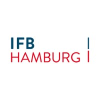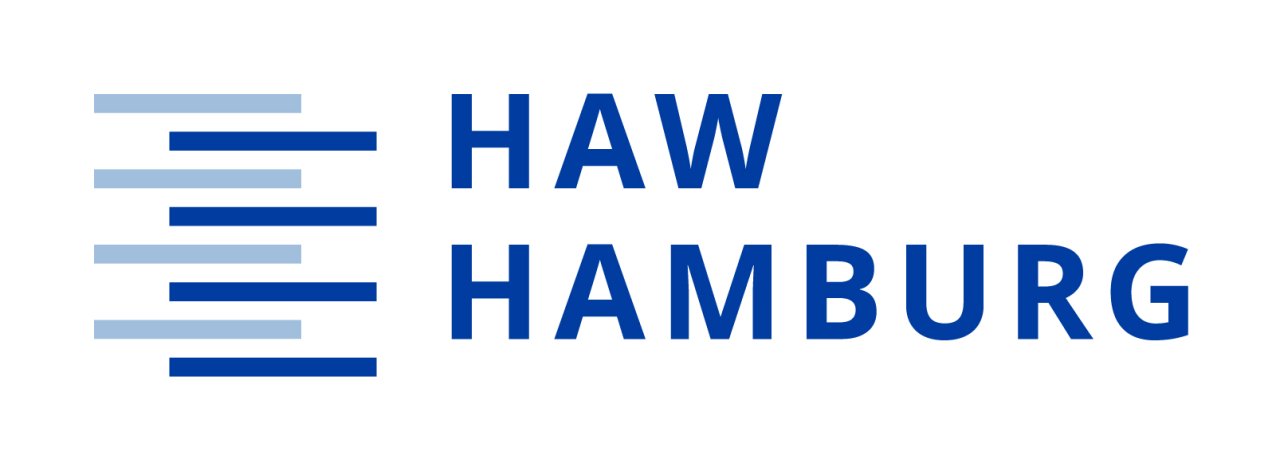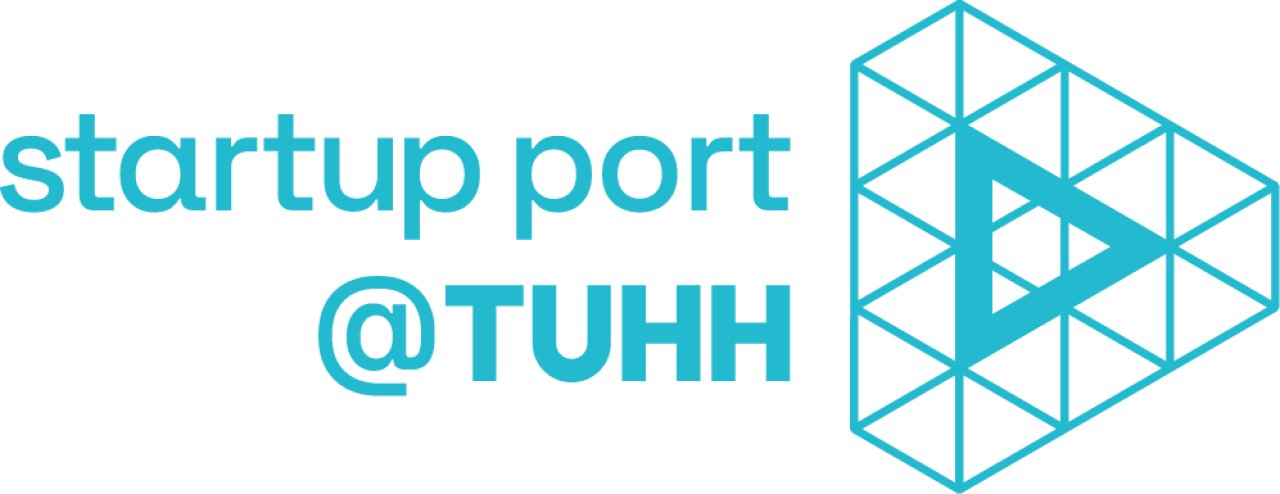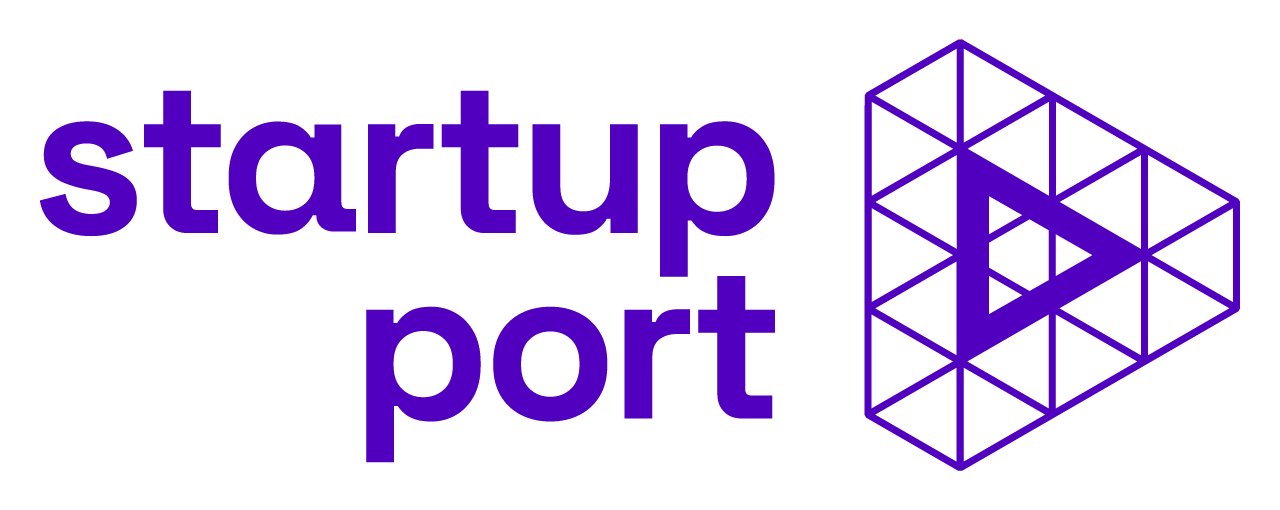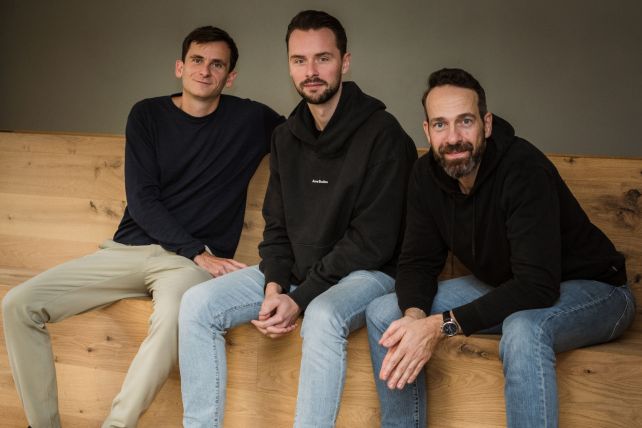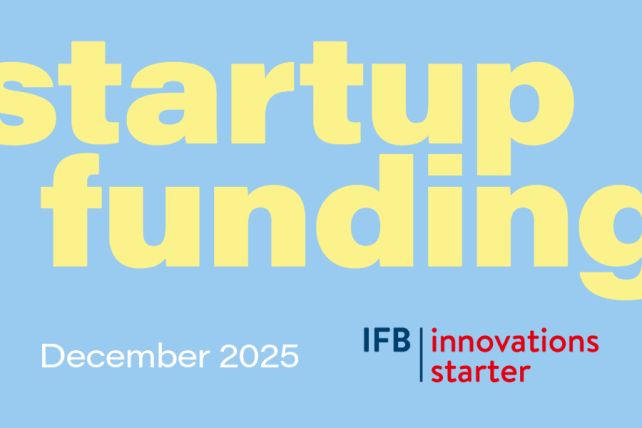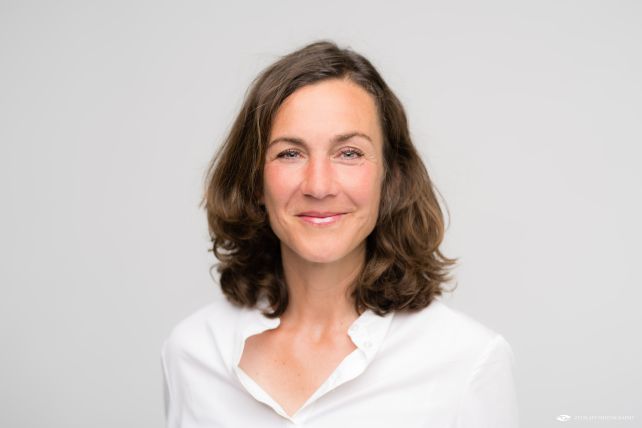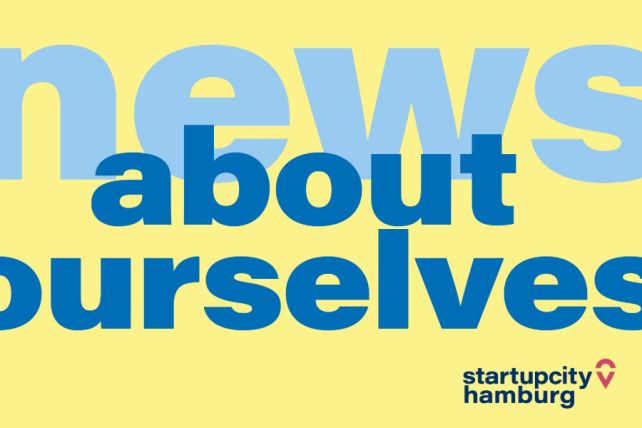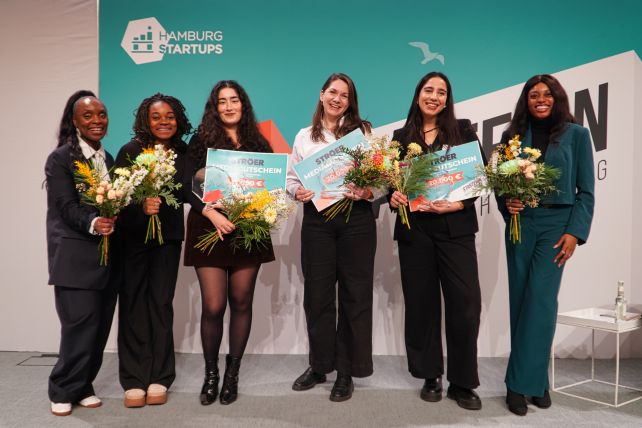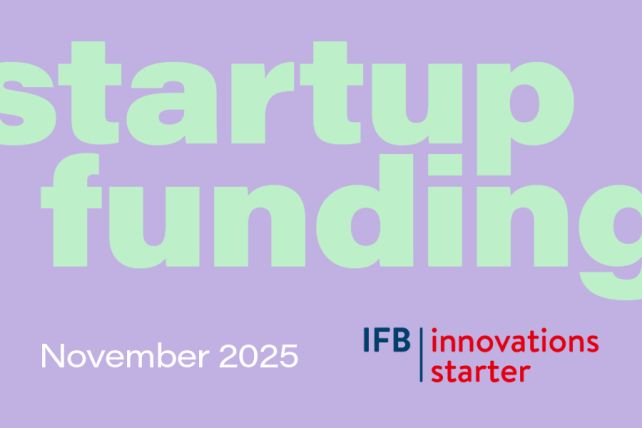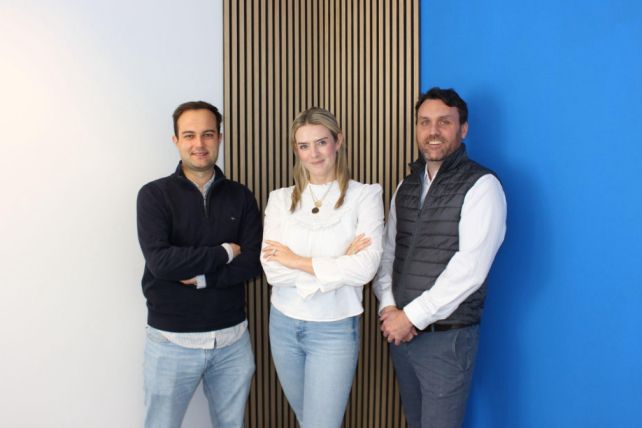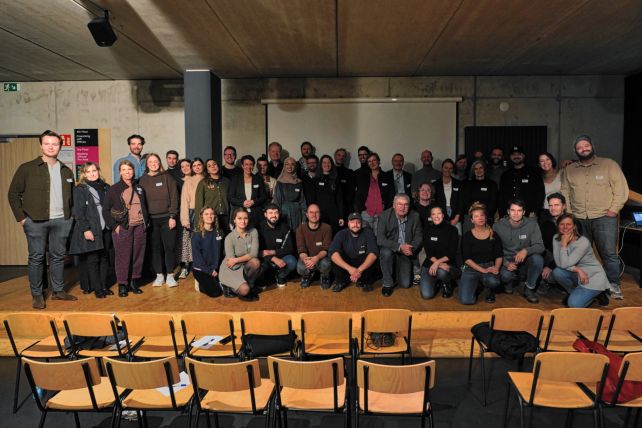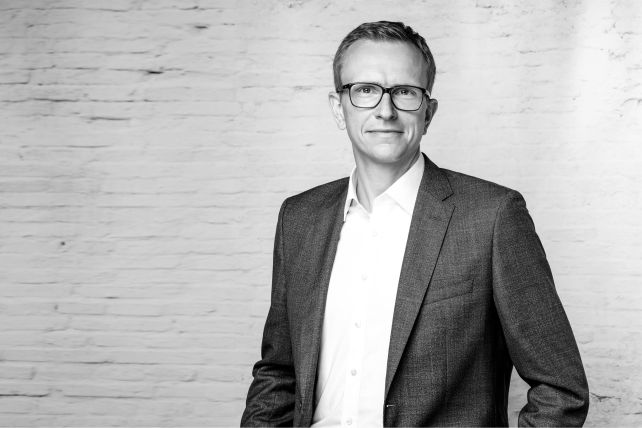Starting up from science: Hamburg promotes startups from academia

Founding a startup after university & shaping the future
Access to all the latest scientific findings and developments is a must for startups and for overcoming economic, ecological and social challenges now and in future. Spin-offs from colleges and universities hold enormous market potential and are readily subsidised by the federal and state governments making them particularly attractive to investors. Startups with a scientific background can find a dynamic and constructive environment in Hamburg with a broad support base and diverse opportunities for development.
The EXIST startup grant is an extremely helpful, highly sought-after grant for founders at universities and research institutions all over Germany. The financial support from the German Ministry for Economic Affairs and Climate Protection (BMWK) and the European Social Fund is available for 12 months maximum and enables you to secure your personal livelihood and develop your business model:
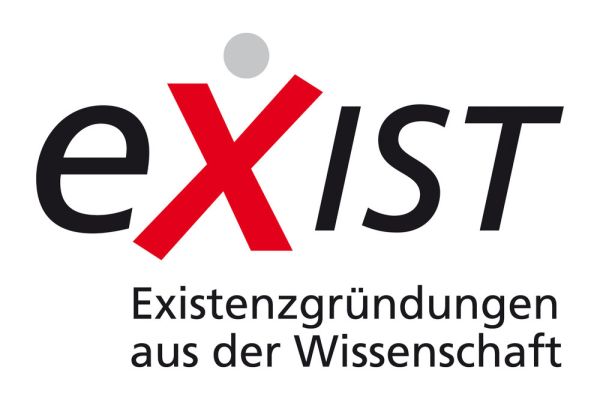
Founders with a doctorate receive 3,000 euros per month.
Graduates with a university degree receive 2,500 euros per month.
Technical employees receive 2,000 euros per month.
Students receive 1,000 euros per month.
Parents receive a monthly grant of 150 euros per child, while individual founders can claim up to 10,000 euros to purchase equipment and startup teams a maximum of 30,000 euros. Coaching measures are financed with a budget of 5,000 euros. The application for funding is not submitted by the founders themselves, but by the university or research institution involved. The institutions presented will give you more information and support to ensure your application is successful.
An alternative to the EXIST startup grant is the InnoFounder scheme offered by the Hamburg Investment and Development Bank (IFB Hamburg). Founders receive a personal grant in the pre-seed and initial startup phase and thus support for innovative startups in Hamburg. The scheme covers the founders’ living expenses and all expenses related to the startup project for 18 months maximum:
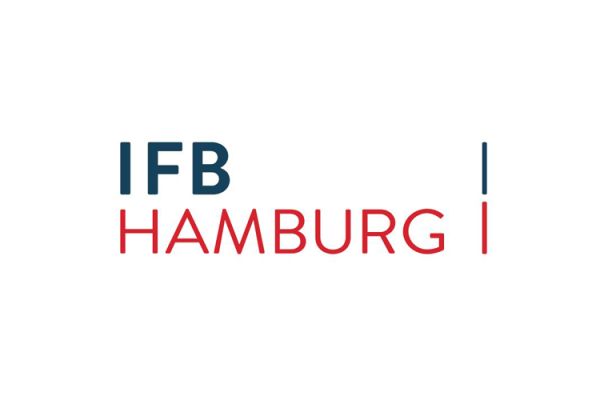
Funding is available for startup teams with a maximum of three people as well as individuals.
Support is provided for innovative and especially digitally orientated startups in the pre-foundation phase or with a business model that has existed for a maximum of one year and is dedicated to achieving the United Nations 17 Sustainability Goals (e.g., climate and resource protection as well as inclusion).
The maximum amount per startup is 75,000 euros for startup teams and 45,000 euros for individual startups.
A monthly lump-sum of 2,500 euros can be granted per person working full-time.
Hamburg is internationally renowned as a center of science and is home to a large number of renowned colleges, universities and research institutions, some of which are part of the Startup Port network. This network links up and co-ordinates the respective startup centers of ten Hamburg universities and research institutions. The Startup Port network brings together the knowledge and expertise in the entire Hamburg region and supports, coaches and networks students, researchers as well as people interested in founding a company, startups, established companies and investors.

Hamburg's universities and colleges also have services for academic founders:
As one of Germany's ten universities of excellence with around 43,000 students, the University of Hamburg is one of the largest universities in the country. Students, university members and alumni (up to two years after graduation) with a startup idea can avail of a comprehensive startup service including various workshops, events and counselling services.
At Hamburg University of Technology's Startup Port@TUHH, founders undergo a comprehensive qualification scheme with a network, office and workshop space and are backed from brainstorming to market entry.
The Hamburg University of Applied Sciences (HAW Hamburg) also develops innovative and sustainable solutions for contemporary social issues and those in future. The startup service offers individuals and teams sound initial counselling for all phases of setting up a business. The scheme is rounded off by courses, information events and a summer school for graduates and alumni.
The University Medical Centre Hamburg-Eppendorf (UKE) supports startups in the field of medical innovation: The subsidiary MediGate GmbH helps startup-inclined scientists at UKE with professional technology transfer, contract management, funding advice and clinical studies.
The Bundeswehr University has set up the HSU Innovation Hub for innovative business models emerging in Helmut Schmidt University's research areas. Startup projects are methodically supported there.
Leuphana University Lüneburg conducts research in education, culture, sustainability, management and entrepreneurship as well as political science. Entrepreneurship and entrepreneurial conduct are an elementary part of Leuphana's research, teaching and transfer activities. The scheme is complemented by the on-site startup service.
The state-recognised private university of applied sciences in Wedel offers degree courses in computer science, engineering and economics. The internal startup consultancy startup-bridge provides information and support on business model development, financing, strategy and the market.
Students in Hamburg Media School’s Digital and Media Management course can specialise in Startup & Business Development. HMS attaches great importance to the scientific basis and the scheme’s practical relevance, a wide-ranging network and close links to the digital and media industry.
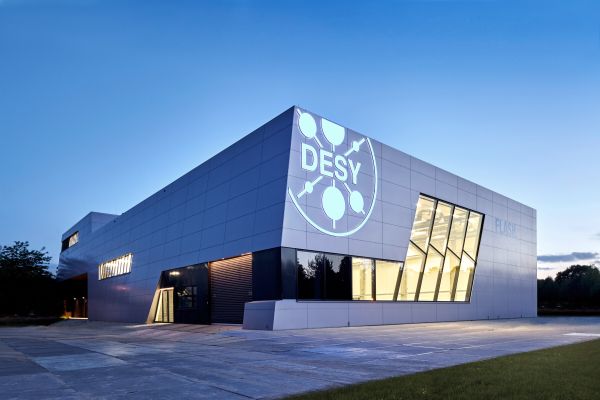
Science in action: Hamburg's research centers
The Hereon in Geesthacht is one of the Heimholtz Association’s 18 interdisciplinary research centers. It is the largest scientific organisation in Germany with around 45,000 employees. Research in Geesthacht focuses on climate, coast and technology. The HEREON BUSINESS LAB lends its support to researchers on their way to becoming sciencepreneurs.
Deutsches Elektronen-Synchrotron (DESY) in Hamburg Bahrenfeld is part of the Helmholtz Association and is one of the world's leading research centers for particle accelerators. The center researches the structure and function of matter - from the interaction of the smallest elementary particles to the behavior of novel nanomaterials and vital biomolecules to the great mysteries of the universe. The DESY Startup Office advises founders whose products or services are based on complex technologies, e.g., from the segments of medical technology and diagnostics, laser-based technologies, nanotechnologies, electronics and communication technology, automation, detector and sensor technologies, accelerator-based technologies as well as new and complex materials.
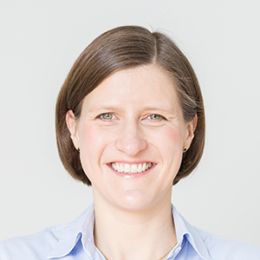
But DESY is just one part of the gigantic knowledge-based urban center that Hamburg is building and continues to build. During the next two decades, the vibrant Science City Hamburg Bahrenfeld will become a center of basic research and applied science, an incubator for innovation and technology transfer as well as a modern and diverse residential district with shopping facilities and leisure areas that will incorporate the Volkspark, which covers more than two hundred hectares. The plans foresees around 3,800 new flats, various renowned scientific institutions, comprehensive service and retail facilities, two schools, sports facilities and playgrounds as well as central public meeting points and meeting places.
Many successful startups show that forward-looking science and research ideas can be successful in Hamburg. Examples include the amsight and neurodactics startups, whose business models have opened up new paths for business and technology and for children and society. Amsight is a spin-off from the Fraunhofer IAPT and launched on the market in 2023 with a pioneering software for data management in 3D printing. Startup Port Hamburg lent its support to amsight during the startup phase and helped it overcome bureaucratic hurdles, develop its strategic business and to build a reliable network.
Before founding the company in 2021, the founders of neurodactics conducted research into inclusive digital learning materials at the Faculty of Education at the University of Hamburg. The startup's Mambio maths app provides digital maths support that appeals to every child regardless of whether they have a maths disability, are average learners or highly gifted. Trained staff are not needed.


The annual Startup Port Community Day brings together stakeholders from the startup ecosystem near the university. You can expect inspiring and useful insights, exciting discussions and, of course, plenty of opportunities for talks.
The annual Hamburg Innovation Summit (HHIS) gives founders an opportunity to network, collaborate and shape the way they tackle local challenges and drive positive global change.
In addition, Hamburg's numerous hubs and workspaces offer a wide range of events on all kinds of startup topics. The Startup City Hamburg events section details all the latest events.
Hamburg is a gigantic and fertile playground for innovative knowledge startups now and in future: Agile ecosystems, scientific centres, a stable network of internationally renowned science centers and many specialised hubs are conducive to ground-breaking innovations that can initiate both economic and social improvements. If you too have a potential startup idea in mind as part of your studies or academic work, Hamburg offers you a wide range of opportunities to develop it and bring it to market maturity. The Startup City Hamburg website offers comprehensive information on consulting and funding opportunities, or you can contact the Startup Port directly.

